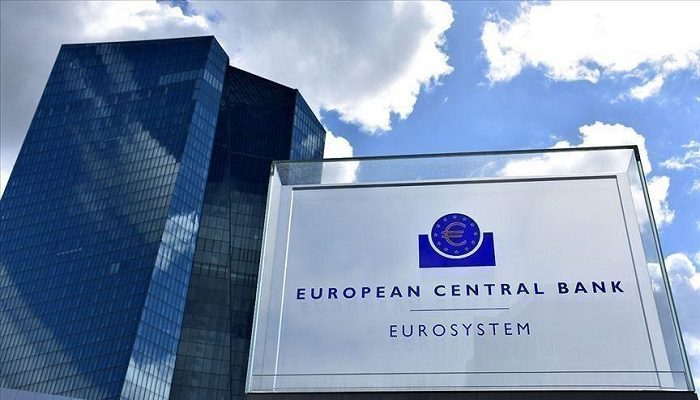A surge in the cost of borrowing is a much-needed lift for the already troubled banks in Europe, but it does come with a sting in the tail. As the European Central Bank as well as the US Federal Reserve went ahead with the tightening, central banks ended a decade of the lowest interest rates last year.
Sweden’s SEB and Spain’s Sabadell, which happen to be two of Europe’s big mortgage and corporate lenders, showed strong profits for 2022 as the trend aided the surge in lending earnings.
Although rates are good for new bank profits, they bring forward a slowdown in the economy, which is already hit by war, as well as runaway prices that not only squeeze the borrowers but also prick the price bubbles, especially in the property arena.
According to a finance and investment major, on the one hand, interest rates are going up, which is a good scenario as it helps the banks, but on the other, the risk of credit losses happens to be high and the economic outlook remains uncertain.
The point is that the investors look forward to what the opinion banks have about the future because they expect them to make continuous payouts. It is well to be noted that UBS from Switzerland, ING from the Netherlands, and UniCredit from Italy will put forth their feedback on how this trend is affecting them as the 2022 results are highlighted in the coming days. One of the region’s biggest credit markets, Britain, where rates have surged the fastest in Europe, is an indication of the current scenario.
The British banks are looking forward to growing profits this year despite a challenging economy. Natwest, which happens to be the biggest retail lender, is expecting a boost in the return on equity, which is a key measure of profitability. Later in February 2023, other British banks such as Standard Chartered, HSBC, and Barclays are expected to unveil their results.
In Germany, the analysts are anticipating the biggest gains from the retail as well as corporate divisions, which get aided by the higher rates. That said, global investment bank revenue is likely to take a hit as there is a slump in dealmaking.
German and Austrian banks have been specifically active when it comes to commercial properties as per the European Banking Authority which has already looked into 1.3 trillion euros of lending in the EU of the commercial property.
As stock market listings dip and so do big corporate financial transactions, it is highly unlikely that dealmaking is going to help save the banks.






















